research
December 6, 2024
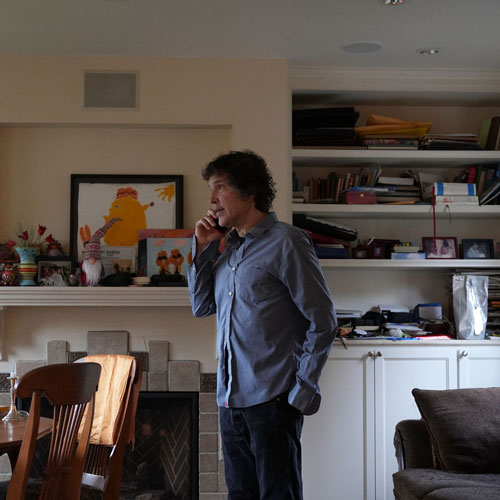
"Kind of a crazy idea"
David Baker, the UW's latest Nobel Prize winner, revolutionized protein design.
October 22, 2024
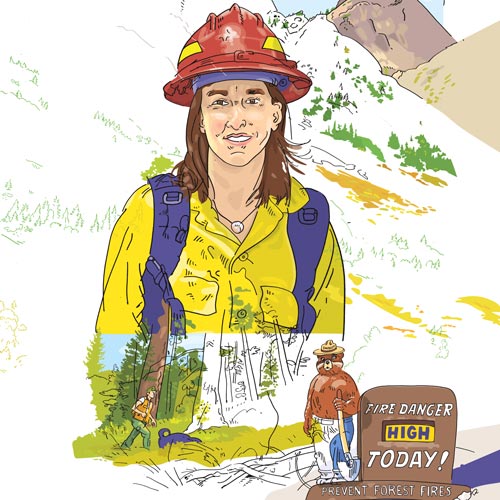
Building better forests
Dr. Susan J. Prichard is a research scientist with a passion for forest ecology. She tells us about her work with wildfires.
September 13, 2024
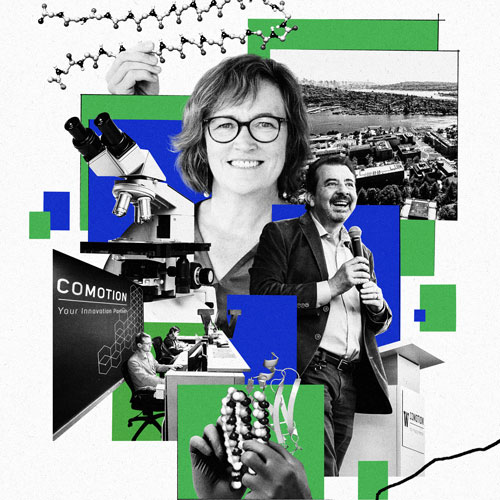
Novel approach
With new support of private equity, CoMotion is helping a UW professor's quest to diagnose Alzheimer's earlier.
September 11, 2024

Small town, big dreams
UW's Livable City Year program worked with the city of Snohomish to support their economic development. Next up: Granite Falls and Mukilteo.
November 25, 2023
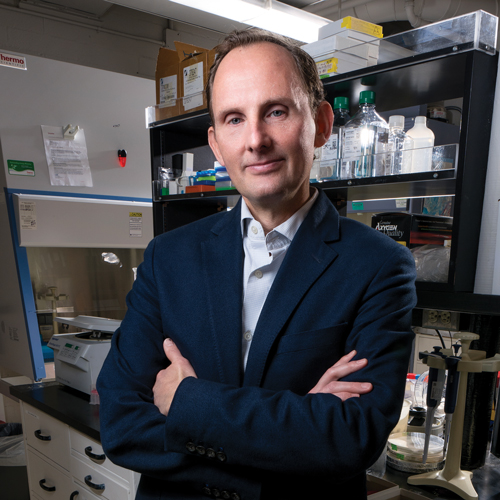
Probing a mystery
A UW center takes an innovative approach to solving one of medicine’s vexing problems: when organ transplants mysteriously lead to cancer.
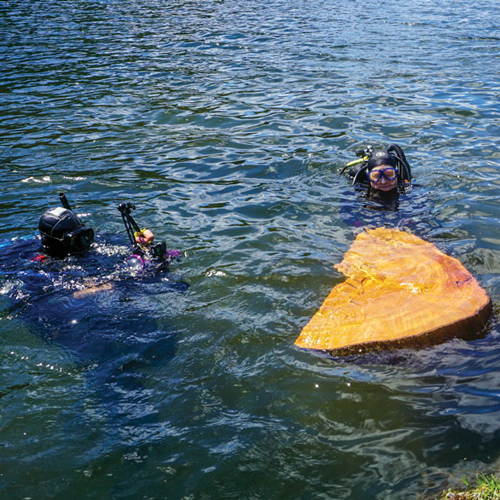
1,100 years ago, double earthquake hit Seattle region, researchers prove
Solving a seismic mystery, researchers prove the Northwest was once hit with a double whammy.
November 24, 2023
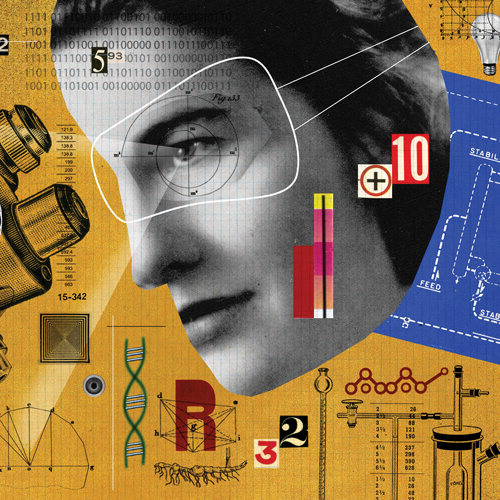
Rousing research
UW leaders thought having students do research would prepare them to take on the future. It became a national model.
May 28, 2023
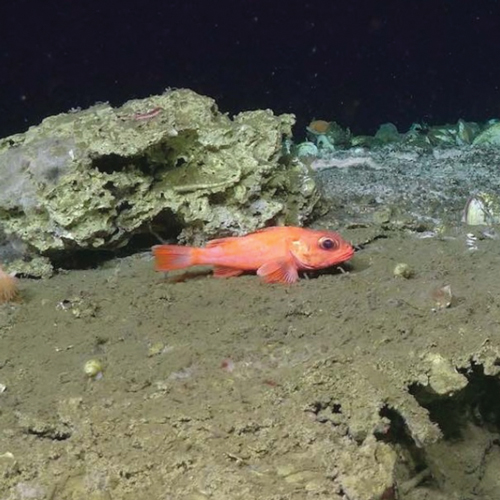
Seeps from the deep
A recent UW-led study exploring the seafloor about 50 miles off Newport, Oregon, discovered seeps of warm, chemically distinct liquid shooting up.
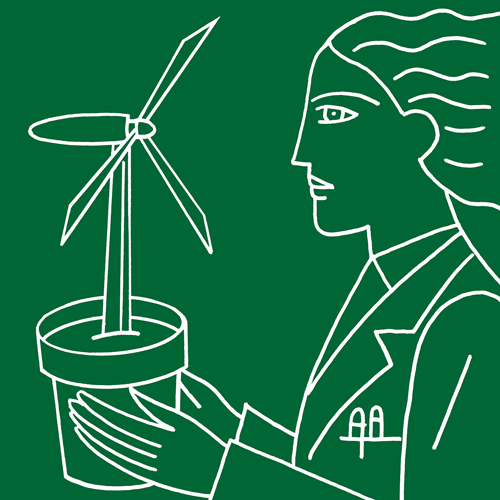
Our part for the planet
A UW workshop showcases how climate change innovations on campuses can benefit surrounding communities and beyond.
February 26, 2023
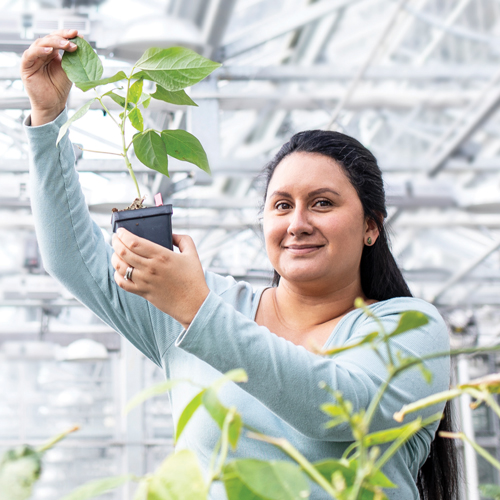
Plant power
Doctoral student Natalia Guayazán Palacios works to understand how plants and microorganisms coexist.
November 27, 2022

Tumor trap
Two interventional cardiologists at the UW Heart Institute were the first to use a basket-shaped, catheter-delivered tool to remove a benign tumor from a heart.
May 29, 2022
Finishing the sequence
UW researchers are contributors to the groundbreaking work of the Human Genome Project.
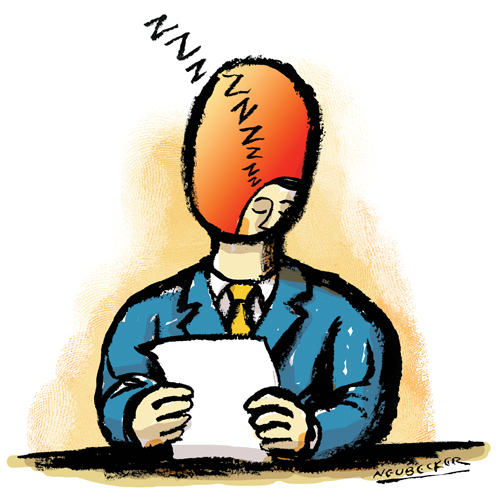
Better sleep, better work
As the pandemic reshapes how, when and where Americans work, research at the UW suggests we might want to hang on to some of the flexibility we enjoyed over the past two years.
March 5, 2022
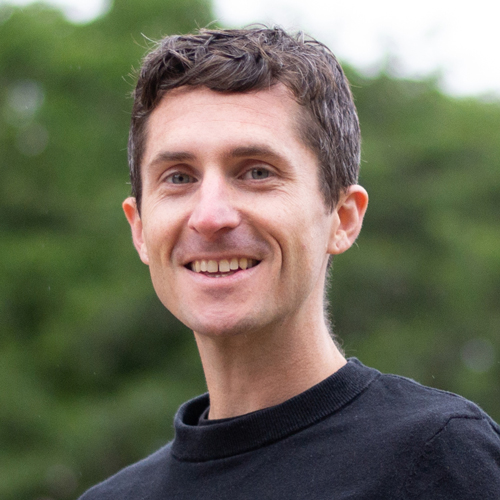
Tech can be tricky
A pilot project will establish a public-interest technology clinic to serve local community organizations and governments.
Mental-health advice
The pandemic has taken a toll on the mental health of young people. A UW and Harvard University study found that adequate sleep, a daily routine and limited screen time could help.
December 4, 2021
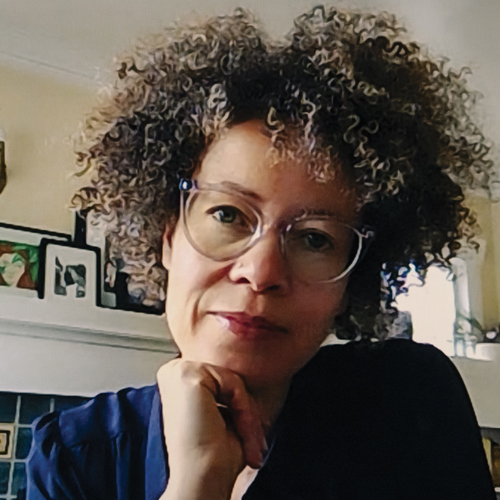
A call to action
Associate Professor Wendy Barrington, '12, brings a passion for health equity to her role as director of the Center for Anti-Racism and Community Health.
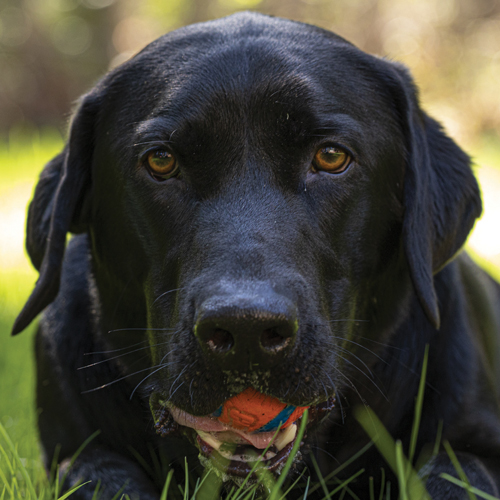
Unleashing dogs’ power
The UW’s Conservation Canines calls on dogs’ noses to find answers to pressing environmental questions.
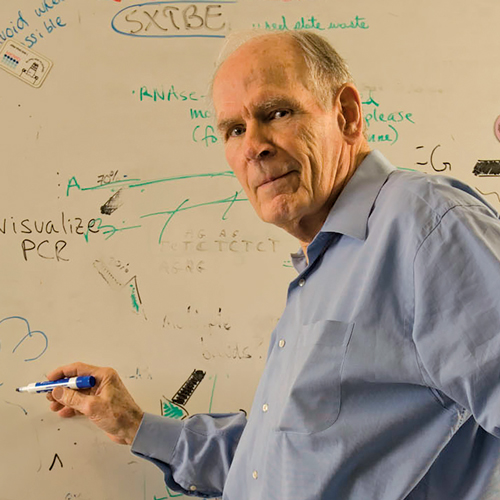
License to innovate
The Washington Research Foundation was founded 40 years ago to capture the value of inventions coming out of the UW.

Fighting the infodemic
Twisted facts, fake news and social media spoofs can turn society upside down. One UW team is working to help us through the infodemic.
June 7, 2021
New law of physics
UW researchers have discovered a new law of fluid mechanics, a branch of physics, that will affect the future of aircraft design.